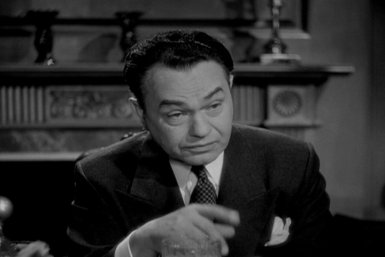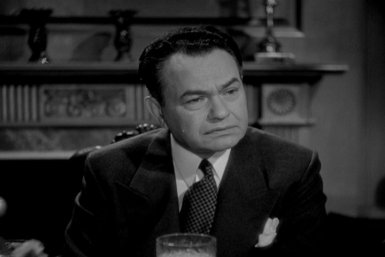Installing OpenOffice 3.1.x under Red Hat Enterprise Linux 5.x
8 June 2009If you’re actually trying to install another version of OpenOffice, then click on the OpenOffice
tag, as there may be an entry on that other version.
My suggested procedure for installing OpenOffice 3.1.x under RHEL 5.x is essentially the same, mutatis mutandis, as that for installing OpenOffice 3.0.x:
If you don't have a JRE installed, then install one. Version 1.6.0 update 13 of the JRE was distributed with OpenOffice 3.1.0 when Sun was already at update 14. As I write, OpenOffice and Sun are in-synch at update 16, but check with Sun for a more recent version when you are installing OpenOffice. (I suggest that one use
jdk-6uxx-linux-xxx-rpm.binorjre-6uxx-linux-xxx-rpm.bin, rather thanjre-6uxx-linux-xxx.bin.) The remainder of these instructions assume that one has a JRE installed.Remove any earlier installation of OpenOffice. As root, enter these two commands:
rpm -qa | grep openoffice | xargs rpm -e --nodeps
rpm -qa | grep ooobasis | xargs rpm -e --nodepsUnpack OOo_3.1.x_LinuxIntel_install_wJRE_en-US.tar.gz (or the version appropriate to a devil-language, if you use one of those) to your filespace.
Go into resulting
OOO31x_mxx_native_packed-x_en-US.xxxx/RPMS/(or to theOOO31x_mxx_native_packed-x_xx-xx.xxxx/RPMS/corresponding to your devil-tongue).As root, run
find . -maxdepth 1 -name "o*.rpm" | xargs rpm -UAs root, run
(NB: You may need to log-out and back-in for the Applications menu to be up-dated and list the latest OpenOffice components. Your previous version may continue to be listed on the menu.)rpm -U desktop-integration/openoffice.org*-redhat-menus-*.noarch.rpmAs root, run
rpm -U userland/*.rpmTell OpenOffice which JRE to use:
- Launch OpenOffice:
(It may not be listed on the applications menu unless you have logged-out and back-in. Before then, you may be able to launch it from the menu by way of a listing for a previous version.)/usr/bin/openoffice.org3 - Select
Tools | Options… | OpenOffice.org | Java | Use a Java runtime environment
- Choose one of the environments that is then listed.
- Click the
OK
button. - Shut-down OpenOffice. (The change will be in effect upon next launch.)
- Launch OpenOffice:
NB: This entry was editted on 2009:09/13, to make it compatible with OpenOffice version 3.1.1, and otherwise to improve the instructions. One of the improvements reflects the discussion in the first two comments to this entry.








![['Moon of the Wolf' pg3 panel 3]](wp-content/uploads/2009/05/batman_moonofthewolf_3_3.png) then he immediately jumps after her
then he immediately jumps after her ![['Moon of the Wolf' pg3 panel 4]](wp-content/uploads/2009/05/batman_moonofthewolf_3_4.png) pushes off something because she's been accelerating under gravity
pushes off something because she's been accelerating under gravity ![['Moon of the Wolf' pg3 panels 5 and 6]](wp-content/uploads/2009/05/batman_moonofthewolf_3_5-6.png) and figures-out what he'll do on the way down
and figures-out what he'll do on the way down ![['Moon of the Wolf' pg3 panel 6]](wp-content/uploads/2009/05/batman_moonofthewolf_3_7.png) because he's the g_dd_mn'd Batman, when there's no hope…
because he's the g_dd_mn'd Batman, when there's no hope…